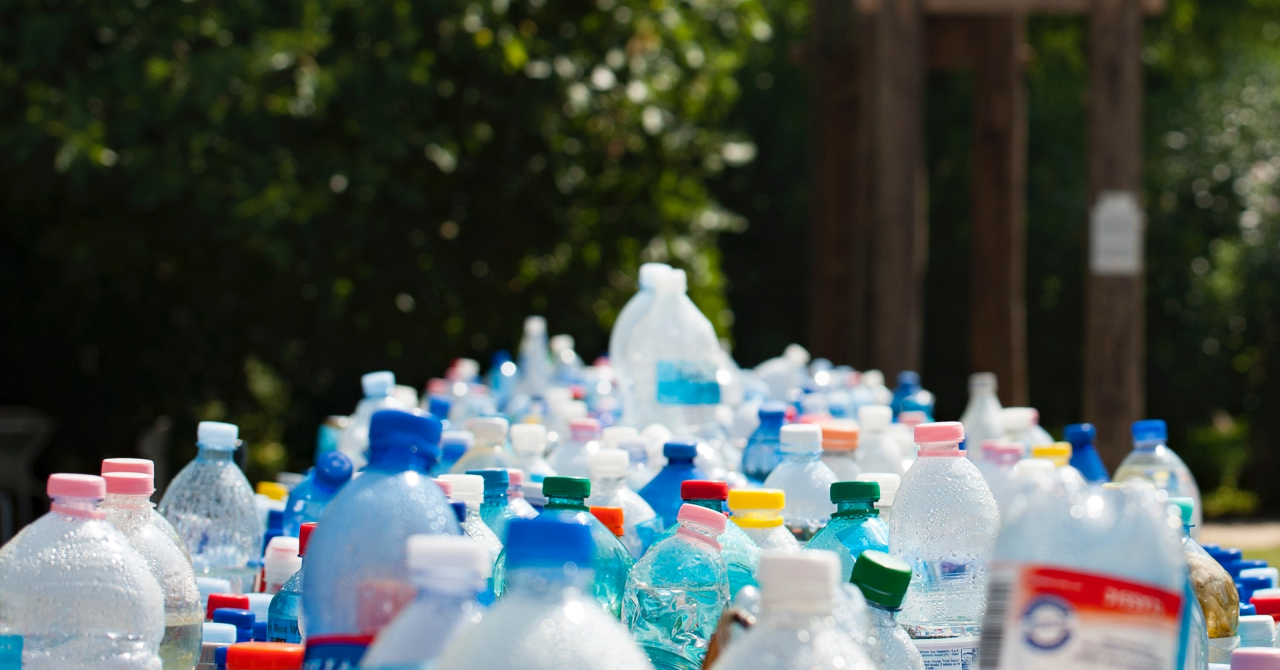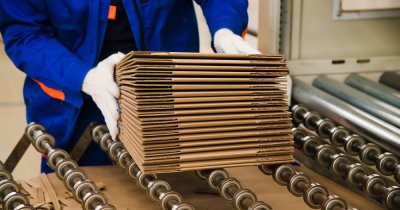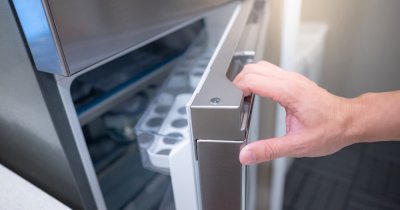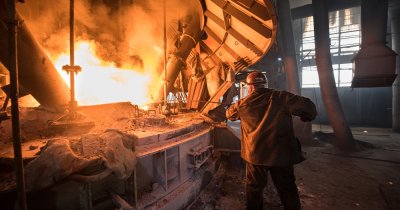Scientists have used machine learning to create an enzyme that degrades some forms of plastic in just 24 hours, with a stability that makes it suitable for widespread adoption.
Scientists have been exploring the potential of enzymes to help recycle plastics for more than a decade, but the last six years have seen some significant progress. In 2016, researchers in Japan discovered a bacterium that used enzymes to break down PET plastic within weeks. A modified version of these enzymes, called PETase, further improved performance, and in 2020 we saw scientists develop an even more powerful version that digests PET plastic at six times the speed.
A team at the University of Texas has set out to address some of the hitherto shortcomings of these enzymes. According to the scientists, application of the technology has been hampered by its inability to work well at low temperatures and different pH ranges, lack of effectiveness in directly addressing untreated plastic waste, and slow reaction rates, according to newatlas.com
To address these issues, the team developed a machine learning model that could predict which mutations in a PETase enzyme would give it these capabilities. This involved closely studying a range of PET plastic products, including containers, water bottles, etc., and then using the model to design and create a new and improved enzyme called FAST-PETase.
This newly developed enzyme has proven to be superior in breaking down PET plastics at temperatures between 30 and 50 °C and at a range of pH levels. It was able to almost completely degrade 51 untreated PET products within a week, and in some experiments it broke down plastics in as little as 24 hours. The scientists also demonstrated a closed-loop PET recycling process in which FAST-PETase was used to break down the plastic and the recovered monomers were used to chemically reconstruct the material.
With the ability to rapidly break down waste plastic at low temperatures, the researchers believe they have arrived at a portable, affordable technique that can be adopted on an industrial scale. They have filed a patent for the technology and hope to see it used in landfills and polluted areas.
 Florin Cașotă
Florin Cașotă












Any thoughts?